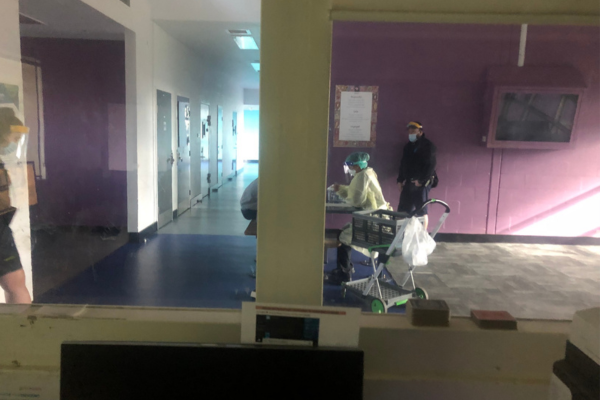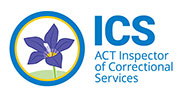Isolation of children and young people at Bimberi Youth Justice Centre
29 November 2023

This is the first thematic review at Bimberi Youth Justice Centre conducted by OICS since the Inspector’s role expanded to include Bimberi in 2019. This review also serves as a pilot National Preventive Mechanism (NPM) visit under the Optional Protocol to the Convention Against Torture and other Cruel, Inhuman or Degrading Treatment or Punishment (OPCAT).
In 2022 OICS was designated as part of the multi-body ACT NPM under OPCAT. The purpose of conducting this visit as a pilot was to develop and test aspects of NPM visit methodology (for example, conducting the visit unannounced), to raise awareness about OPCAT, and to determine a realistic estimate of the cost involved in conducting an NPM-style thematic visit.
The review considers the topic of isolation of children and young people at Bimberi. In this report, isolation is used as a catch all term for a broad group of practices including: segregation, separation, isolation, solitary confinement and time out. The practice may be used for a range of reasons including on health grounds, for safety and security, for protective custody, or if children and young people must remain in their cells for operational reasons.
This topic was chosen because of the potential for isolation, particularly when it is prolonged, to cause significant harm to children and young people in detention. As isolation is known to cause harm, it must be avoided where possible, and when it cannot be avoided, isolation should be for the shortest possible time, in the least restrictive way and with safeguards such as regular reviews and right to appeal built in.
The most significant issue identified by the Review Team was in relation to COVID-19 health segregation. The Review Team was deeply concerned to observe when onsite in June 2023 that on admission to custody, children and young people were still being required to undergo an initial period of health segregation that was usually 6–7 days. This was despite youth detention not being considered a ‘high risk setting’ by the ACT Chief Health Officer since October 2022 and no other formal COVID-19 restrictions in place in the community. The initial hours and days in custody are considered to be a high‑risk time for detained people in terms of their mental health and may be a traumatic experience particularly if it is their first time in custody.
The other issues identified by the review included the lack of legal framework and safeguards for when children and young people are accommodated by themselves on a wing, extended overnight lock in due to operational requirements, and a concern previously raised by OICS in the Healthy Centre Review of Bimberi 2020 that centre-wide lock ins due to incident codes was negatively impacting centre routine and leading to children and young people spending longer in their cells during the day.
The review makes 13 recommendations.
Documents
